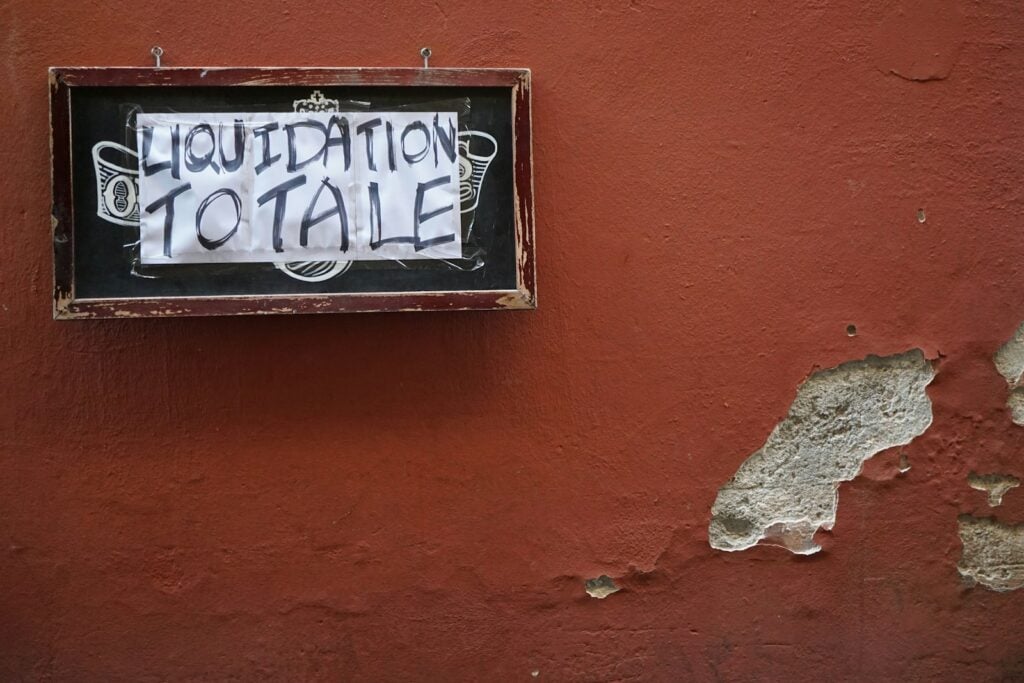Seizure of a land motor vehicle is sometimes tricky, with atypical vehicles, creditor conflicts and competing procedures. To navigate these tricky waters, we need to look at some specific situations.
Vehicles concerned and special cases
Non-motorised registered vehicles
One thorny issue concerns vehicles that are registered but have no engine. Trailers and caravans have their own registration but do not strictly correspond to the definition of a "land-based motor vehicle".
Article R. 311-1, 3.5 of the Highway Code defines a trailer as "a non-self-propelled vehicle on wheels, intended to be towed by another vehicle". This technical distinction might suggest that they are excluded from the specific seizure regime for motor vehicles.
However, there is no justification for granting immunity to such property. Case law has developed a pragmatic approach:
- For entry by declaration to the administrative authority, registration is the decisive criterion
- For physical immobilisation, practical considerations prevail
A court-appointed agent can seize a registered trailer by means of a declaration, even if the vehicle is not registered.immobilisation by shoe is technically unsuitable for certain trailers or semi-trailers.
Automobile pledge and reform of security law
Ordinance no. 2021-1192 of 15 September 2021 radically changed the rules governing automobile pledges. Articles 2351 to 2353 of the Civil Code, which specifically governed "automobile pledges", have been repealed.
Vehicle pledges are now governed by ordinary pledge law (article 2338, paragraph 2 of the Civil Code). This change has two major consequences:
- Any creditor can create a vehicle pledge, whereas previously only sellers on credit, assignees or lenders for the purchase could do so.
- Registration is carried out on the Vehicle Registration System (Système d'Immatriculation des Véhicules - SIV)
Decree no. 2023-97 of 14 February 2023 clarified the procedures for registration on the dematerialised register maintained by the Ministry of the Interior. This publicity protects potential buyers, who must obtain a certificate of non-gage before any purchase.
Interaction with collective proceedings
The opening of insolvency proceedings (receivership or compulsory liquidation) considerably changes the equation for creditors with rights in a vehicle.
Claim action
Article L. 624-9 of the French Commercial Code authorises the claim of movables "within three months of publication of the judgment opening the proceedings". This mandatory time limit is a formidable trap for inattentive creditors.
Article L. 624-10 of the same code provides a substantial advantage for a lessor (car leasing): the owner is "exempted from having his right of ownership recognised where the contract relating to this asset has been advertised". However, this exemption only applies if the contract was advertised before the opening judgment (article R. 624-15).
The procedure follows a precise path:
- Request for restitution by registered letter to the administrator or debtor
- Copy sent to the judicial representative
- If no agreement is reached within one month, the matter is referred to the official receiver.
Specific deadlines
Time is of the essence. Article R. 624-14 of the French Commercial Code sets a deadline of one month from receipt of the request for the addressee to give its agreement. After that, the juge-commissaire becomes the arbitrator in the situation.
Note that even in the absence of a prior application for restitution, the administrator or the debtor may refer the matter to the official receiver to rule on the owner's rights.
Conflicts between procedures
The multiplicity of enforcement methods inevitably generates conflicts between creditors or procedures. These situations, which are poorly regulated by legislation, often require the intervention of a specialist.
Conflict between seizure by declaration and seizure for sale
There is no explicit rule resolving the conflict between a creditor who has carried out a seizure for sale and another who has carried out a seizure by administrative declaration on the same vehicle.
As seizure and sale is not entered in any register, there is nothing technically to prevent the same vehicle being used as the basis for two separate procedures. The legislation does not give any priority to the first seizing party or to the party choosing one or other procedure.
In practice, there are three solutions:
- An amicable agreement between creditors (preferable)
- Judicial apportionment of the sale price
- Distribution by the pound (proportional to receivables)
The administrative authority will not be able to transfer the registration certificate on presentation of the report of sale if a declaratory procedure exists, unless released (article R. 223-4 of the Code of Civil Enforcement Procedures).
Conflict between different types of creditors
The hierarchy of creditors follows precise rules. Article R. 223-5 of the Code of Civil Enforcement Procedures states that "the effects of the declaration may not prejudice the creditor holding a duly registered pledge".
A pledgee therefore has priority over a simple declaring creditor. This priority even extends to the insurance indemnity in the event of destruction of the vehicle, by application of the real subrogation provided for in article L. 121-13 of the Insurance Code.
A more delicate situation is that of a pledgee who has not registered his pledge. Although he cannot enforce his right against third parties, the pledge remains valid between the parties (article 1103 of the Civil Code).
The practice of prefectures, which generally refuse to register several seizures per declaration on the same vehicle, gives a de facto right of preference to the first declarant. This administrative practice, which has no clear textual basis, creates a form of privilege not provided for by law.
Our firm is regularly involved in these complex situations. A recent case involving a valuable trailer and three different creditors illustrates the importance of an appropriate strategy. Our intervention made it possible to preserve our client's rights in the face of creditors who were older but less vigilant in their approaches.
Sources
- Code des procédures civiles d'exécution, in particular articles L. 223-1 to L. 223-2 and R. 223-1 to R. 223-13
- French Commercial Code, articles L. 624-9 to L. 624-10 and R. 624-14 to R. 624-15
- Civil Code, article 2338 amended by Order no. 2021-1192 of 15 September 2021
- Decree no. 2023-97 of 14 February 2023 on publicising the pledge of a land motor vehicle
- BOUR Rémy, "Saisie des véhicules terrestres à moteur", Répertoire de procédure civile, Dalloz, October 2024




